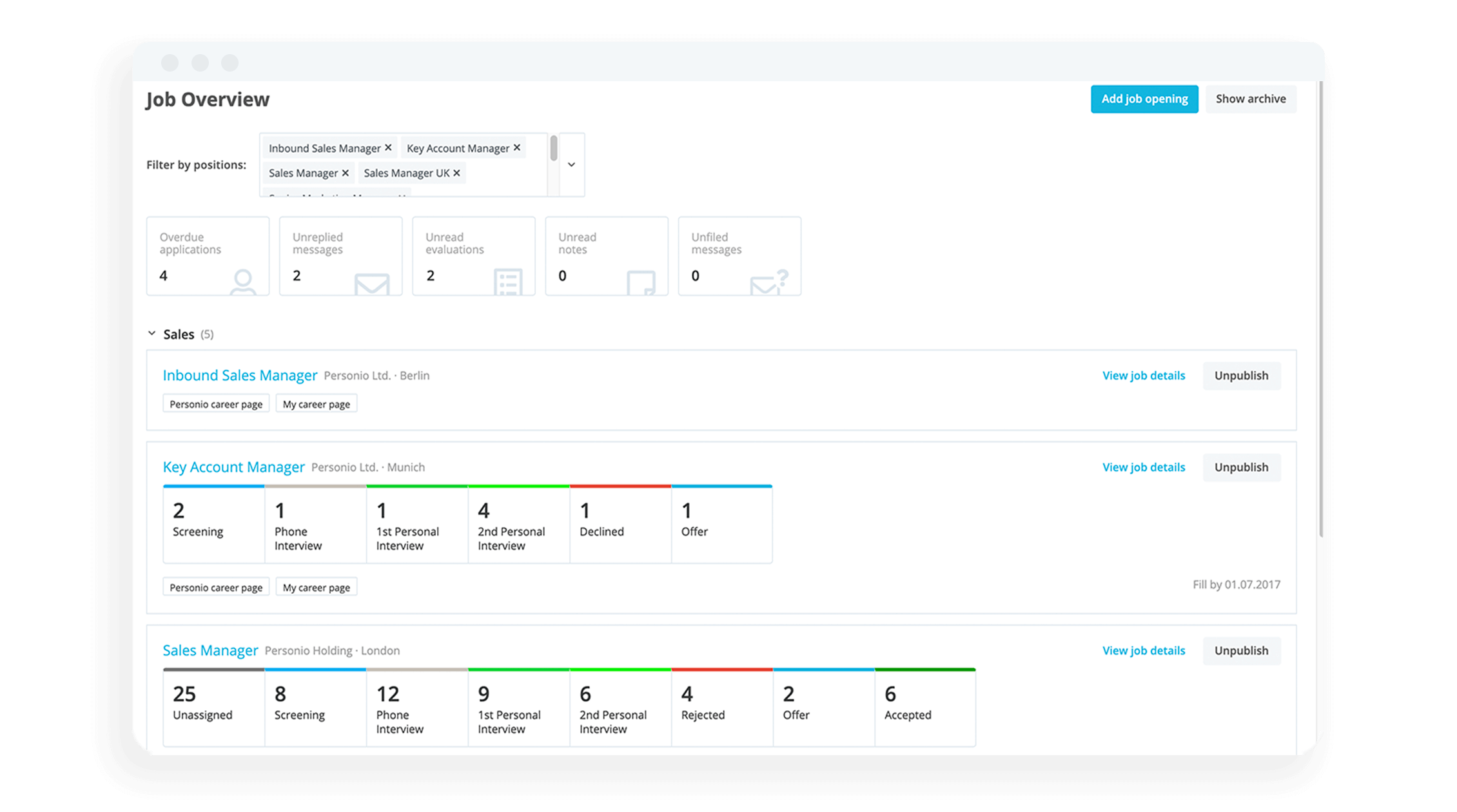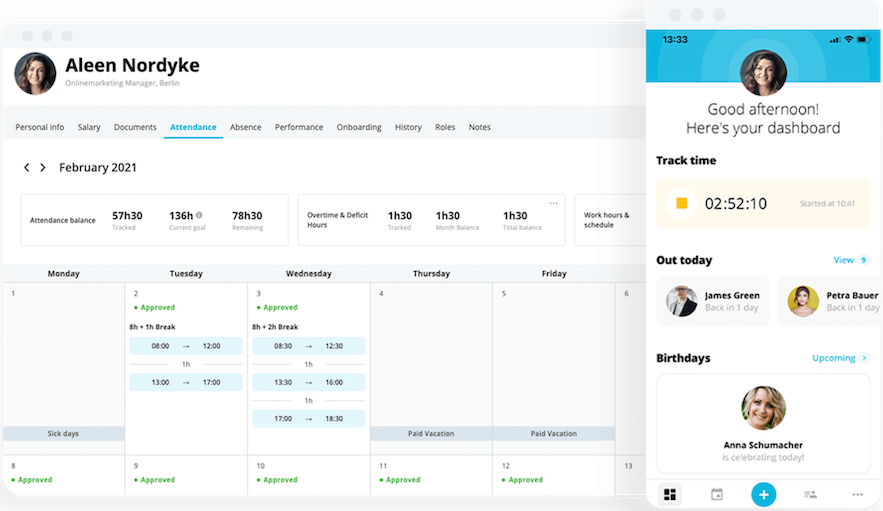Becoming a more strategic CHRO

People are any organisation’s greatest asset — and properly managing them should be a key priority for leadership. With this in mind, many organisations have added a new C-Suite position in recent years: the CHRO, or Chief Human Resources Officer.
In this article, we’ll explore the CHRO’s role, explain why they’re vital to an organisation’s success, and discuss what it takes to become a truly exceptional strategic CHRO.
Don’t have a people strategy? Don’t worry, download our free guide today.What Is a CHRO?
A chief human resources officer (CHRO) is a high-ranking executive in an organisation. They are responsible for overseeing the organisation’s human resources team, and ensuring that HR policies and strategies are in line with the company’s overall mission and values.
Top-level CHROs also play a role in shaping and delivering the organisation’s strategy as a whole. They act as trusted advisors to the CEO and the rest of the C-Suite and help to drive positive change in the organisation.
While this is usually achieved through HR initiatives, today’s CHROs also get involved with many other aspects of the business and may work closely with the CFO, CIO and COO.
A CHRO is different from an HR director, who is typically responsible for overseeing the organisation’s day-to-day HR operations. As a member of the C-Suite, a CHRO’s role is more high-level and strategic. In some organisations, the CHRO is known as the Chief People Officer.
Why Do Organisations Need CHROs?
HR has traditionally been considered an administrative or compliance-related function. In the eyes of the rest of the organisation, its purpose is to manage operational tasks like administering benefits, managing payroll and responding to employee complaints.
But human capital management has become more of a priority to organisations over the last few years, thanks in large part to the dramatic changes to the workplace that we’ve seen since 2020. Today, HR is more commonly seen as a strategic function, with a role to play in shaping the future of the organisation.
CHROs can help organisations to approach HR from a more long-term, strategic perspective. Because they have a seat at the leadership table, they’re able to influence the rest of the C-Suite and ensure they treat HR initiatives as a priority. A great CHRO can and should hold the leadership team accountable for the well-being, development and ultimate success of their workers — all while helping the business to achieve its goals.
What Are the Typical Responsibilities of a CHRO?
Here are some of the key roles that a CHRO plays within an organisation:
Designing and Implementing HR Strategies
As the leader of the HR department, the CHRO is responsible for designing and rolling out strategies that help the company get the best out of its workforce. They might do this in conjunction with other important HR leaders, like the HR director or other HR managers.
Aligning HR Functions With Business Goals and Advising the C-Suite
A core part of a CHRO’s role is ensuring that the organisation’s HR strategies are in line with its overall mission and business goals. They act as a link between the HR department and the C-Suite and help to ensure that HR initiatives are seen as a priority.
Developing and Delivering the Organisation’s Talent Strategy
CHROs are responsible for developing a talent strategy that helps their organisation to meet its goals. They do this by using data-led insights to discover what capabilities their organisation needs most, and finding innovative ways of sourcing and attracting talent with those capabilities.
Overseeing Learning and Development
CHROs are also tasked with overseeing the development and delivery of learning and development programmes. While the details might be handled by the HR manager or a dedicated L&D manager, the CHRO plays a crucial role in laying out the core strategy that the organisation will follow to help employees to reach their full potential.
Supervising HR Staff
While day-to-day HR operations are usually handled by an HR manager, the CHRO is still responsible for overseeing the work of various people on the HR team. It’s also down to the CHRO to provide them with the tools, strategies and resources they need to effectively handle the company’s HR tasks.
Managing Company Culture
CHROs play an important role in developing and maintaining a positive company culture. They might do this by introducing HR policies on things like benefits, employee recognition and engagement. They should also work with other stakeholders to ensure that the workplace is as inclusive and equitable as possible. All of this helps organisations to improve employee satisfaction, engagement and retention.
What Skills Does a CHRO Need?
CHROs are often HR professionals who have come up through the ranks of the HR department. This means they are typically equipped with skills related to management, conflict resolution and empathy. However, CHROs are also senior members of an organisation’s leadership team, which requires a different set of skills, like public speaking, business knowledge and data analysis.
Here are some of the core skills that a CHRO is expected to have:
Leadership and management skills: CHROs are senior leaders within an organisation. That means they need to be able to effectively inspire and motivate other people. They may also have to deal with other management activities like resolving conflicts, responding to complaints and even disciplining employees.
Communication and interpersonal skills: CHROs need to be able to communicate well so that they can effectively manage conflicts and problems that arise within the C-Suite. Since their role often involves managing change in the organisation, they also need the skills to communicate a compelling vision to employees, encouraging them to work together towards a common goal.
Technology and data skills: CHROs should be able to track and understand various HR metrics, so they can use these to advise the board and guide their decision-making. They should also be able to understand and analyse data related to other aspects of the business so that they can ensure the organisation’s HR strategies align with other priorities.
Strong business acumen: A great CHRO should have a strong understanding of the business they work for and the wider market. They need to understand how the business operates and how it delivers value to its stakeholders, including customers, business partners and staff. Only then can they truly tie in HR initiatives with the business’ core strategies.
What Is the Average Salary of a CHRO?
According to Payscale, the average salary for a CHRO in the UK is £150,000 per year as of May 2023. Glassdoor puts the average slightly lower, at £110,031 per year. In any case, CHRO is a high-level, senior position, which means it is likely to command a high salary — usually in six figures.
How Do You Become a Strategic CHRO?
CHROs play a crucial role in any business. But after the rapid and significant changes to the workplace that we’ve seen over the past few years, it’s no longer simply about linking HR strategies with the company’s core mission.
During the pandemic, it was up to HR leaders to facilitate remote work, preserve employee engagement, and help employees to look after their mental health. And in 2023, with recruitment and retention both posing a significant challenge, HR issues are increasingly seen as critical to business success.
That means that today’s CHROs play a much more strategic role. HR and people policies are intertwined with other business priorities instead of being discussed separately. And for the first time, HR has a seat at the table.
Strategic Thinking Means Looking to the Future
Strategic CHROs need to think further than what the business needs now. They need to look to the future, identifying trends, opportunities and threats and tying these to their overall HR, talent and learning and development strategies. This way, they can ensure that their organisation will have access to the right people at the right time to drive business outcomes and maximise the chances of success.
Similarly, truly effective CHROs need to be looking for promising talent within their organisations, scoping out future leaders, developing them through coaching and training, and connecting them with the right opportunities.
Strategic CHROs also don’t limit themselves to discussions relating to human capital, but should also advise leaders on business strategies, leadership styles and more. Above all, they should be willing to confront the CEO with uncomfortable views and hold them accountable for their decisions.
Enabling the Strategic CHRO With Technology
To do all of the above, CHROs need to be able to effectively use data and technology to drive change in their organisations. With the right tools in place, CHROs can gather the insights they need to more effectively connect talent to business outcomes. Technology is key to building on the company’s existing talent, sourcing new employees, and developing existing ones to their full potential.
Plus, HR software can free up hours of admin time for both CHROs and the entire HR team. This gives them the time they need to truly focus on projects and initiatives that drive the company forwards.
The whole reason that organisations need a CHRO is to connect their people data and policies with their wider business goals. And an effective HR software solution allows them to fulfil that role without getting tied up in administration.
One of the top concerns for a CHRO may be balancing budgets and understanding HR software pricing, which should typically be connected to a tangible return on investment (ROI) for the business.
Gain Time for Strategic Work With Personio
Personio is an all-in-one software solution that helps HR professionals to streamline, simplify and automate repetitive tasks so they have time to focus on what really matters: driving organisational change and moving the business forward.
Want to learn more about how Personio could help you become a strategic CHRO? Book a web demo to speak with one of our experts today.

